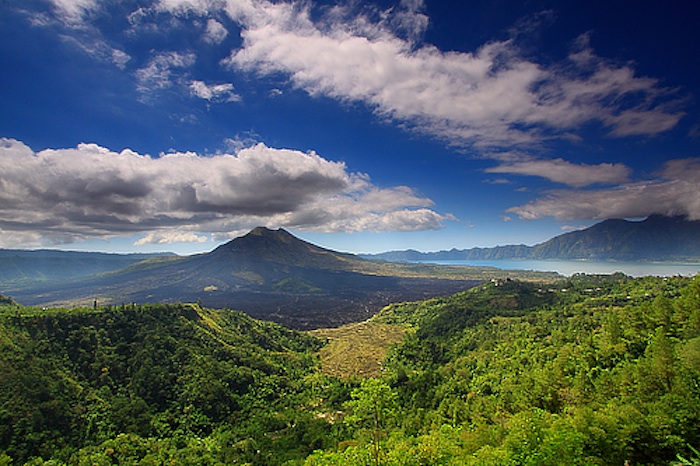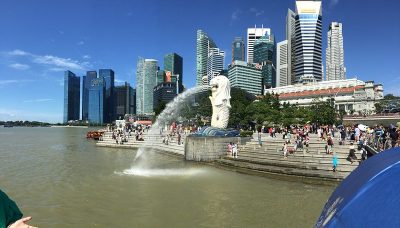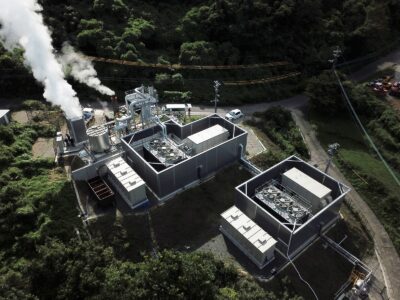Bali governor does not want to pursue Bedugul geothermal power project
Bali governor Made Mangku Pastika recommended last week that a geothermal power plant proejct in Bedugul is to be stopped and its province to look for an alternative power source, as first exploration didn´t prove to be as successful.
Reported from Jakarta, the governor of Bali, Made Mangku Pastika recommended last week that a geothermal power plant proejct in Bedugul is to be stopped and its province to look for an alternative power source.
“Pastika said exploration for the geothermal project should cease in favor of the Bali Crossing project, in which Bali would get power from Java via an aerial cable.
He said results from exploration at three sites in Bedugul were not fruitful and had led to the destruction of four hectares of protected forests. “It’s difficult to green-light the continued destruction of what little forests we have left in Bali,” he said.
Pastika said another reason for his recommendation was that the areas in question were regarded as holy sites by Balinese Hindus and contained 30 temples.
Earlier this month, Energy and Mineral Resources Minister Jero Wacik and members of House of Representatives Commission VII, overseeing energy affairs, flew to Bali to meet with Pastika about the Bedugul project. Wacik said it had the potential to generate 165 megawatts of electricity and could solve the island’s energy shortage.
“Electricity from a local geothermal plant would cost 9 US cents per kilowatt hour, much cheaper than the present cost of 40 cents per kilowatt hour,” Wacik said at the time.
State-owned utility Perusahaan Listrik Negara said Bali received 689 MW of electricity from three gas-powered plants on the island, as well as through an undersea cable from Java.
As of December, electricity consumption on the island had reached 600 MW, leaving only a 14.8 percent energy buffer, far below the 30 percent that is considered safe nationally. Currently, one-quarter of Bali’s 3.9 million residents are not connected to the grid. Rolling blackouts frequently hit the island, including the capital Denpasar.
Given the rapid growth of the island’s tourism industry, experts predict power consumption will reach 1,095 MW by 2017.
Commission VII chairman Effendi Simbolon said Bali’s electricity spending was the largest in the nation. He cited findings by the Supreme Audit Agency (BPK) that said the island wasted up to Rp 200 trillion ($22 billion) annually on buying electricity.
The proposed geothermal project faced immediate resistance when initially announced.
“Bali needs more electricity, but that doesn’t mean it has to come from the island itself,” said the head of Bali’s Council of Customary Villages, Jero Gede Putu Suwena. “As a small island, we don’t have the resources to generate the power needed.”
The Bali branch of the Indonesian Forum for the Environment (Walhi) also opposed the plan, citing the destruction of forests that exploration would bring.”
Source: The Jakarta Globe


















